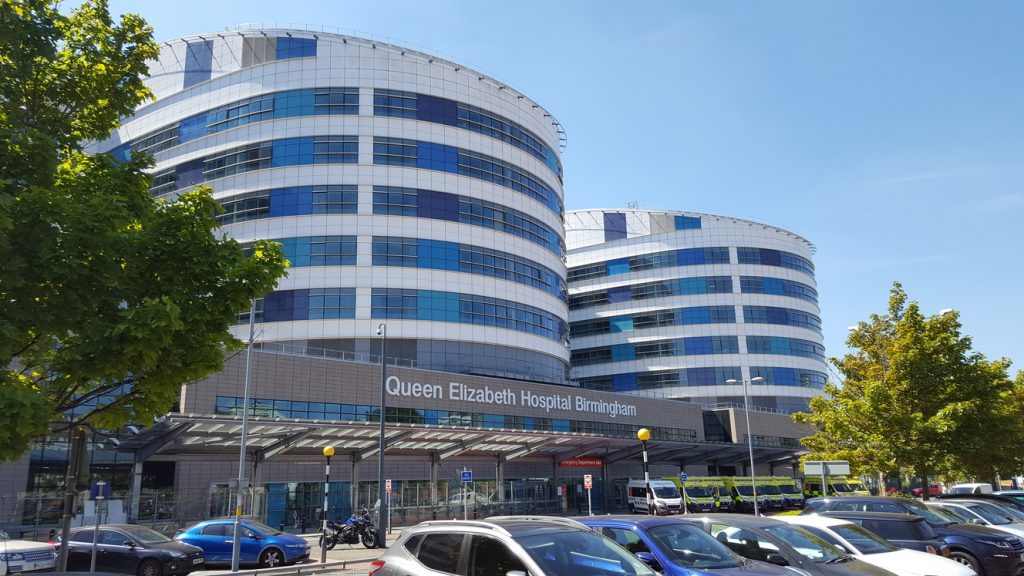 The NHS cannot do everything on its own. A universal healthcare system is not responsible for all factors of the UK population’s healthy lives.
The NHS cannot do everything on its own. A universal healthcare system is not responsible for all factors of the UK population’s healthy lives.
Total health spending in England was about £125bn in 2017/18, with £110bn on the NHS, equivalent to 7% of GDP. This seems like huge numbers but if we think about it in terms of demand and adjust spend based on population growth the average growth in spending from 1949 to 2017 was 3.4% (roughly in line with population growth) since 2009 growth in spend has been 0.6% per year. Thinking about it in these terms, we can see why the NHS is struggling with the current demand.
Yet despite this, international league tables continue to rank NHS as one of the best in the world. The NHS performs well on quality of care, access, efficiency and equity and we cannot underestimate the impact universal access to good quality care has on the UK, especially when so many other countries do not have access to free care. The UK is a world leader on equitable access to care; the public funding base and access to a wide variety of services make it both unique and accessible. The NHS’s focus on monitoring and improving quality of care outstrips other places.
However, we do fall behind on healthy lives, measured by mortality, which could have been avoided, infant mortality and healthy life expectancy. These factors are further away from its core and rely on wider partners to deliver on this.
 British people rate the quality of their healthcare highly and are satisfied, but they are pessimistic about its future, so on its 70th anniversary, it is time to reflect on the fact that the NHS is an asset. A strong healthcare system supports a growing thriving population and underpins a strong economy. Economic strategies and local plans often fail to link the importance of good healthcare, with the desire for growth. It’s important for institutions to support and work with the NHS to provide comprehensive care and focus on improving healthy lives. The NHS is an efficient and world class example of universal care and other institutions need to work closely with it to ensure wider healthy lives benefits, to improve that last ranking, as so many of the factors for healthy lives are outside the NHS. The challenge for local people, institutions and employers is what can we do to make sure our local NHS is successful and ensure its future as a world-class system?
British people rate the quality of their healthcare highly and are satisfied, but they are pessimistic about its future, so on its 70th anniversary, it is time to reflect on the fact that the NHS is an asset. A strong healthcare system supports a growing thriving population and underpins a strong economy. Economic strategies and local plans often fail to link the importance of good healthcare, with the desire for growth. It’s important for institutions to support and work with the NHS to provide comprehensive care and focus on improving healthy lives. The NHS is an efficient and world class example of universal care and other institutions need to work closely with it to ensure wider healthy lives benefits, to improve that last ranking, as so many of the factors for healthy lives are outside the NHS. The challenge for local people, institutions and employers is what can we do to make sure our local NHS is successful and ensure its future as a world-class system?
This blog was written by Rebecca Riley, Administrative Director, City-REDI, University of Birmingham.
Disclaimer:
The views expressed in this analysis post are those of the authors and not necessarily those of City-REDI or the University of Birmingham.
To sign up for our blog mailing list, please click here.

1 thought on “At 70, the NHS Needs Wider Economy to Help Build Healthy Lives”